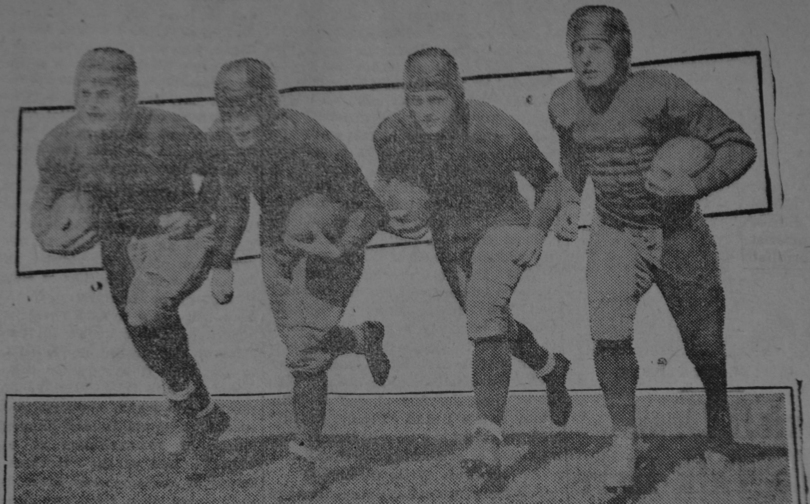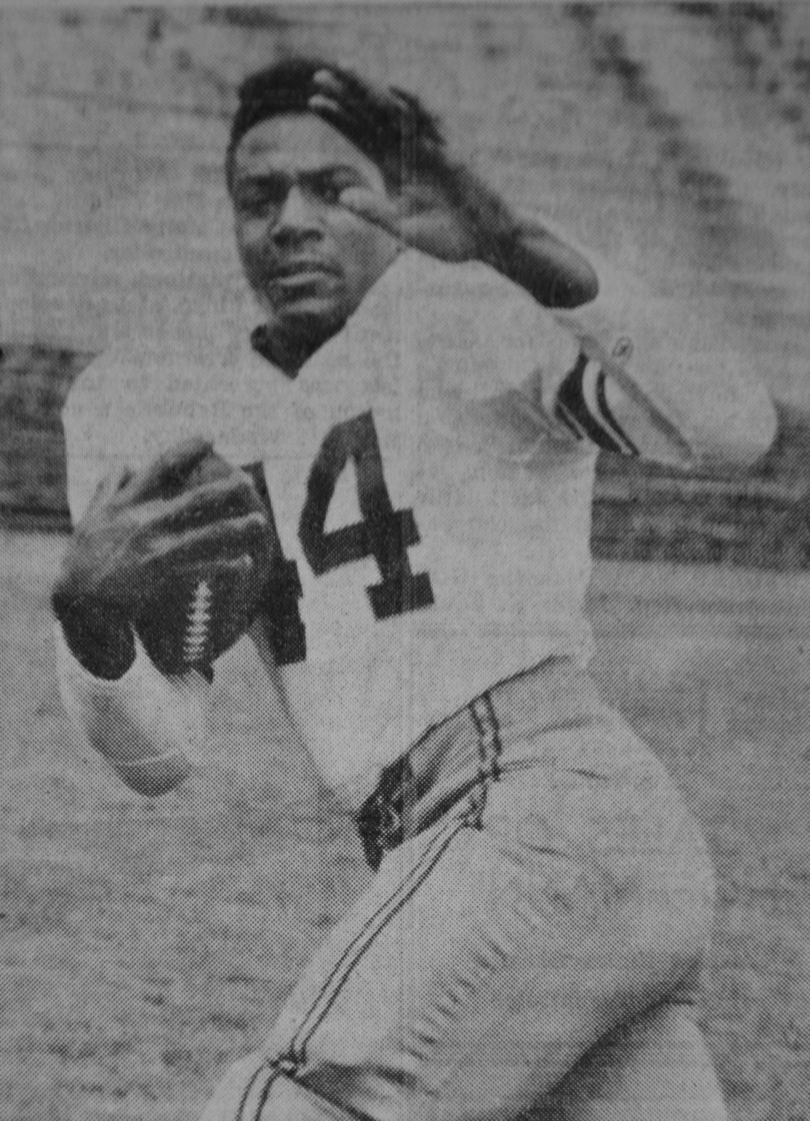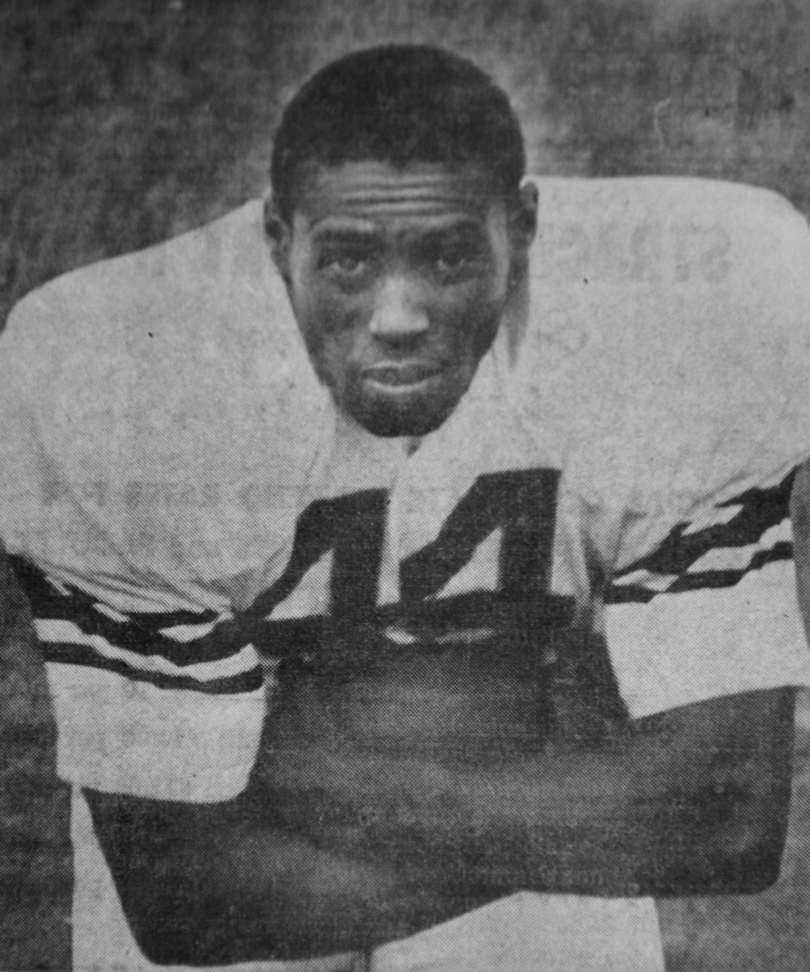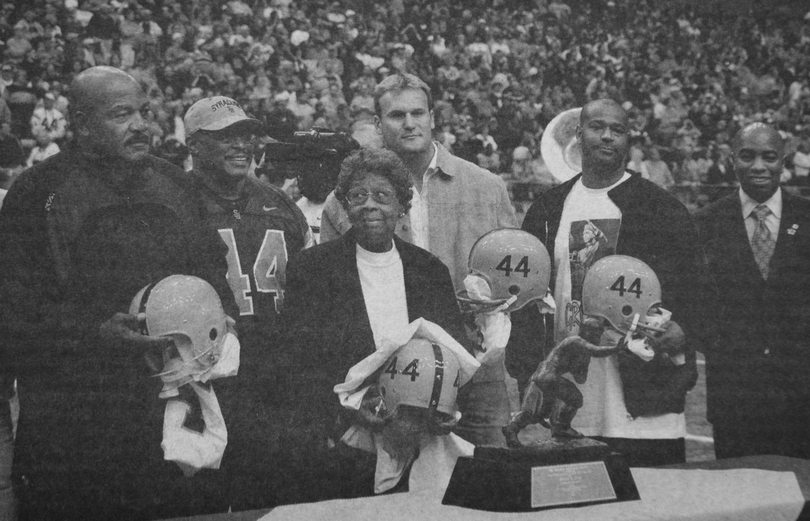Double Digits: How the No. 44 jersey remains elusive 10 years after being retired by Syracuse
Ernie Davis was an All-American. A Heisman Trophy winner. A national champion. Floyd Little too was an All-American, three times. He forever has a spot in the football Hall of Fame. Jim Brown had similar accolades and many more.
The history of No. 44 is ingrained in those three Syracuse legends. But when newly minted athletic director Daryl Gross retired the No. 44 — a number all three wore — he not only elevated their place in Syracuse lore, but so too were 22 names of those who wore the number with far less prominence.
Bill Schnoover was happy when the number was retired 10 years ago. Much like his years wearing 44 in 1962 and 1963 — between Davis and Little — those who had worn the number in recent years had added little to its history.
“I’ve always felt like (I was in exclusive company),’ Schoonover told The Daily Orange in 2005. ‘I have mixed emotions…It had tradition. It had meaning.”
The number was retired in 2005, with its shining moments highlighted by its three greatest stars. It hangs in the Carrier Dome rafters. For 10 years, it was untouchable, it had become a legend — the legacy of Brown, Davis and Little.
But on May 19, 2015, that all changed. At the groundbreaking ceremony for the No. 44 Plaza, it was restored to the program. The context of its future use was vague. Who would get it wasn’t answered. The criteria to don the jersey were far from clear.
“We don’t have that many traditions, this is one of the better ones, so I’m OK with it,” Little said at the time. “I talked with Jim Brown. He said, ‘Floyd, you’re there. I’ll roll with you, whatever you call.’”
Schnoover got the number because then-coach Ben Schwartzwalder believed any tailback at the time should have the number. He was a converted linebacker, and suffered from injuries.
So too did quarterback Richard Panczyszyn, who wore the number after Little. Mandel Robinson transferred to Wyoming after wearing the number for a year. Glenn Moore, who wore the number 1980, was more of a backup.
“I didn’t realize how much pressure would come with (the number),” Robinson said in 2005. “If they keep it and put a kid in it, that kid becomes a marked kid.”
Still, the number is “back,” and with some controversy. Former Syracuse great Donovan McNabb spoke out against the decision. Jim Brown himself said he “didn’t exactly endorse” its restoration. Just days after the announcement, the university backtracked on its decision, saying it was a “reiteration” of a policy that had already been in place.
There’s no way to know if No. 44 will ever be worn by a Syracuse player ever again. Nearly 10 years to the date of its original retirement, a decision on its future is still uncertain.
The history of No. 44 is long, but also contained. It’s remembered for the short-term successes those who wore it had, but it’s also impossible to deny the failures that come along in many others who failed to live up to its legend.
“It’s about the culture of Syracuse football,” Shafer said after the restoration. “It’s less about each and every individual and more about what each and every individual represents or represented when they played here.”
Published on November 4, 2015 at 12:59 am
Contact Sam: sblum@syr.edu | @SamBlum3











